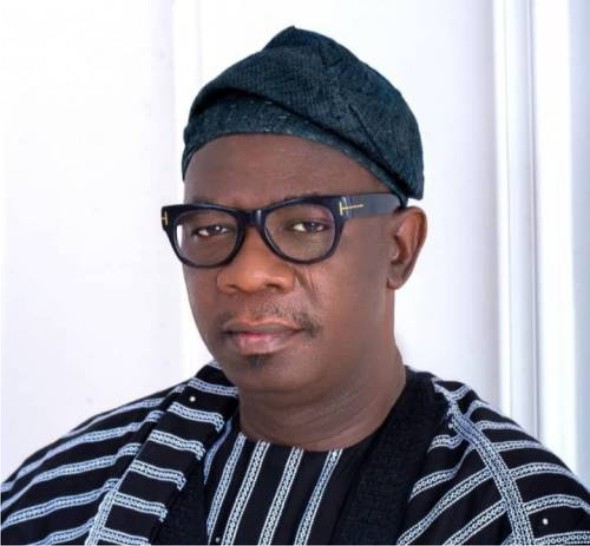Chief Judge of Ondo State, Justice Olarenwaju Akeredolu, has explained why she cannot set up a seven-man investigative panel for the impeachment proceeding against Deputy Governor Agboola Ajayi.
She said she cannot constitute the panel until all constitutional processes are followed.
Speaker Bamidele Oleyelogun had written the Chief Judge explaining that impeachment notice has been served on Hon Ajayi.
A total of 14 lawmakers signed an impeachment notice against Ajayi.
Speaker Oleyelogun informed Justice Akeredolu that setting up of the panel was in line with section 188 (5) of the 1999 Constitution as amended.
A letter to the CJ and signed by the Speaker reads: “By the Resolution of the House today pursuant to Section 188 (3) and (4) of the 1999 Constitution as amended it was resolved that the allegations be investigated forthwith.
“It is in line with the above that request that you set up the 7-man panel to conduct the investigation as resolved by the Honourable House and the Panel, shall soon as possible, report back to the House.”
But the Justice Akeredolu, in a letter dated July 9 and addressed to the Speaker, said the lawmakers have not completed the constitutional process that would lead the Speaker to invite her to set up an investigative panel as stipulated by the Nigeria Constitution.
Justice Akeredolu said she also received a letter from Kayode Olatoke SAN that the matter of the impeachment of Ajayi was subjudice.
The constitutional processes, according to Justice Akeredolu, include: “The Deputy Governor, Hon Alfred Agboola Ajayi must be served with notice of impeachment signed by not less than one-third of members of the House of Assembly of the State.
“The Notice to be served on him must state that he is guilt of gross misconduct in the performance of the functions of his office and must specify the particulars of the gross misconduct.
“He must be allowed to respond to the allegations.
“Within 14 days of receipt of the Notice of the Honourable Speaker, whether or not the Deputy Governor responds the House of Assembly shall pass a resolution supported by not less than two thirds majority of all the members of the House of Assembly that the allegations be investigated.



